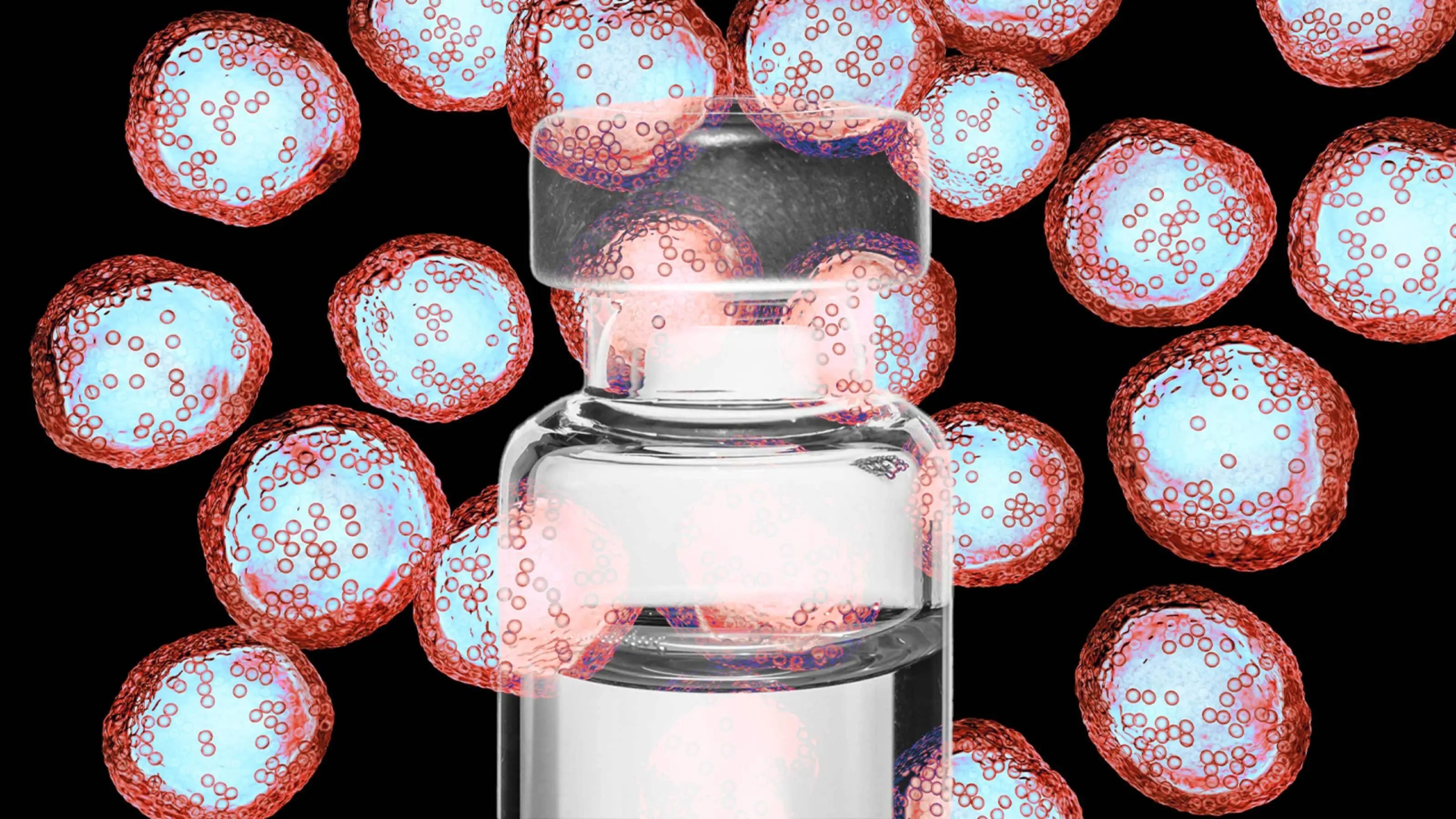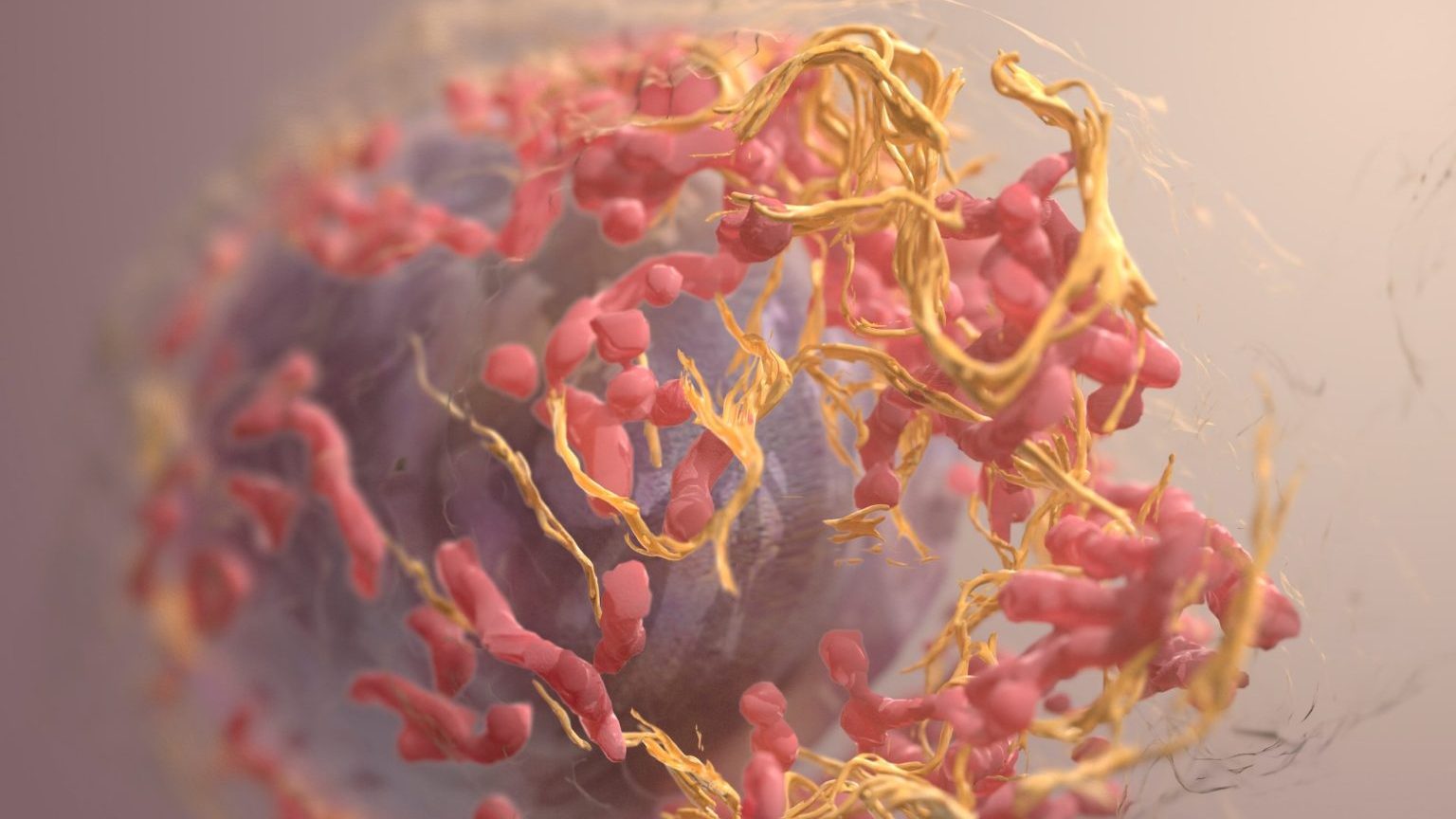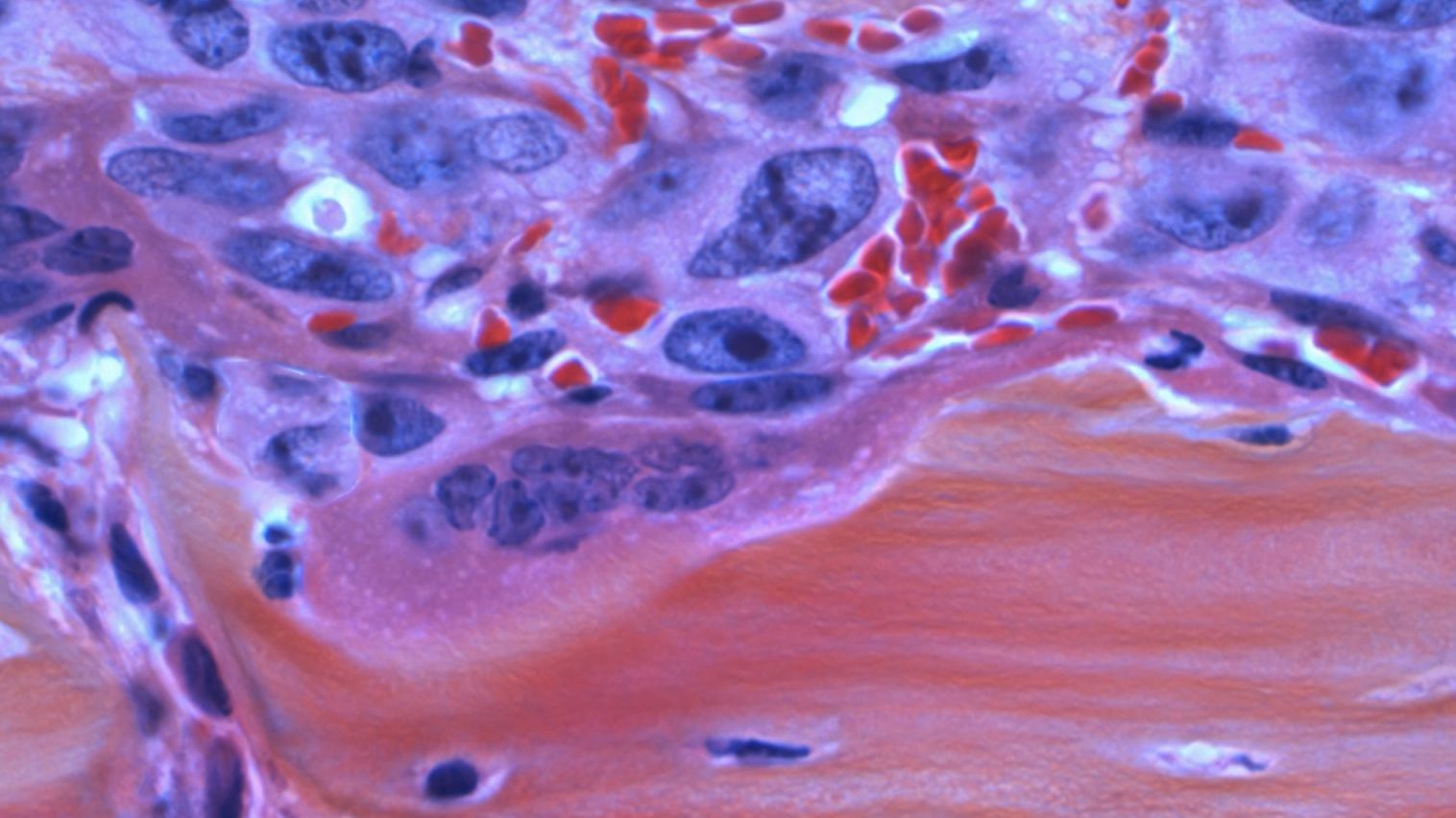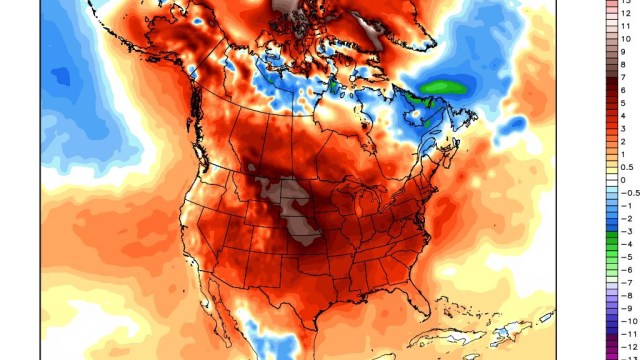How Close Are We to Curing Cancer?

A diagnosis can floor you, and no one is immune. Almost every family has been touched in some way by cancer. Those who have had a loved one succumb to the disease know what a terrible way it can be to perish. Cancer is the second most common killer in the U.S.
In his 2016 State of the Union address, President Obama announced a “moonshot” plan to cure this pernicious disease. Vice president Joe Biden was tapped to head “mission control.” The National Institutes of Health (NIH) and some private institutions soon began ramping up their efforts. The NIH was one of the few departments to see an increase in funding from Congress for this to the tune of $264 million. A roadmap has also been created, condensing a decade’s worth of research into half that time. In a recent visit to Cuba, the first time a sitting president has been there since 1928, Obama and Cuban President Raoul Castro announced a partnership on tackling communicable diseases including the Zika virus, as well as cancer. Cuba claims to have a vaccine against the lung borne variety. These efforts are heartening. But how close are we to seeing the end of this scourge, one of the top three killers on the planet?
Research oncologists say it is a complex set of conditions, not just one. A single cure may not be possible. But incredible strides have been made. Today, a 10 year remission is possible for melanoma sufferers, the most common cancer among men. This was thought unheard of just five years ago. Rapid breakthroughs have also come to the fore in our understanding of the hereditary roots of the disease. 10 genetic markers so far have been identified. Another advancement has been in immunotherapy—using the body’s own immune system to identify and fight cancer cells. Some cancerous tumors such as with lung or skin cancer are easy targets for immunotherapy.
But challenges remain. Take the case of prostate cancer, where the cells don’t center on one specific site or lesion. Instead, they spread like seeds throughout the gland, making immune system targeting difficult. Instead of a cure, most cancer researchers talk about better remission rates, as there is always the chance that the cancer may return. Since President Nixon’s “War on Cancer” in 1971, we’ve made great progress. 1.7 million deaths have been avoided between 1991 and 2012, according to the American Cancer Society. But many of these are due to the stamping out of smoking, and better screening for breast and prostate cancer. This scourge of humanity is likely to be with us for some time. But better ways of diagnosing and treating it are coming online, and more are about to be discovered. We may not cure cancer anytime soon. But we are making great progress in the fight against it.
“We have indeed reached an inflection point, where the number of discoveries that are being made at such an accelerated pace are saving lives and bringing enormous hope for cancer patients, even those with advanced disease.” -Dr. José Baselga MD, PhD., President of The American Association for Cancer Research.





